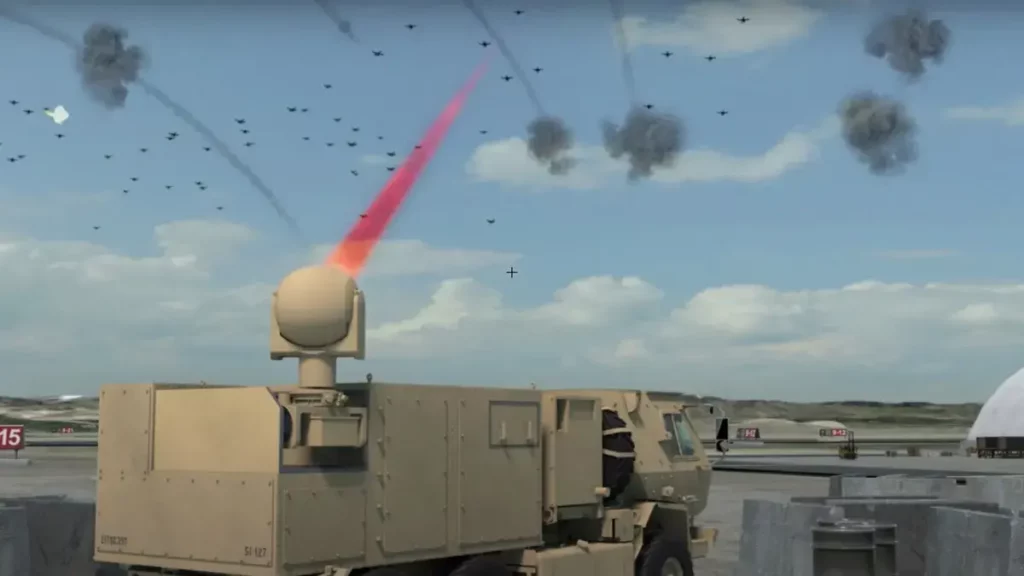The US Army has discovered a new problem with using high-energy laser weapons to defend military assets from sophisticated drones.
Lt. Gen. Daniel Karbler, the head of the service’s Space and Missile Defense Command, revealed that some laser weapons are too difficult to maintain in remote locations.
“Lasers are complicated. This is not a Humvee that’s sitting in the motor pool,” he said, as quoted by Breaking Defense. “You’re not going to have a supply room or maintenance office full of repair parts. Those are going to be ones that are going to have to be built out.”
For example, the US Army has sent four high-energy lasers to the Africa Command area of responsibility to respond to drone threats. However, maintaining those systems is reportedly challenging because it “essentially takes three to make one.”
Karbler said that when the weapons suddenly stop working in remote areas, finding spare parts and someone with the skills to fix them becomes a real challenge.
Laser Experiment Continues
Despite the new obstacle discovered by the army, the service will continue exploring the use of laser weapons to address evolving threats.
US Army Rapid Capabilities and Critical Technologies Office director Lt. Gen. Robert Rasch recently told an audience in Alabama that the service will experiment on its upcoming Stryker-based 50-kilowatt laser prototypes.
Soldiers will reportedly start to figure out how to use the lasers in combat alongside traditional kinetic weapons.
During experiments, army personnel will receive the kinetic variant of the M-SHORAD (Maneuver Short Range Air Defense) to test both and determine the right mix for a more effective counter-drone operation.
“What we don’t know yet from directed energy systems, necessarily, is… how to fight [with] lasers on the battlefield, how to integrate kinetic and non-kinetic effectors like directed energy and our traditional air defense missiles into the battlespace,” he explained.
Additionally, Lockheed Martin recently announced that it will scale up its “most powerful laser yet” – from 300 kilowatts to a new benchmark of 500 kilowatts.



